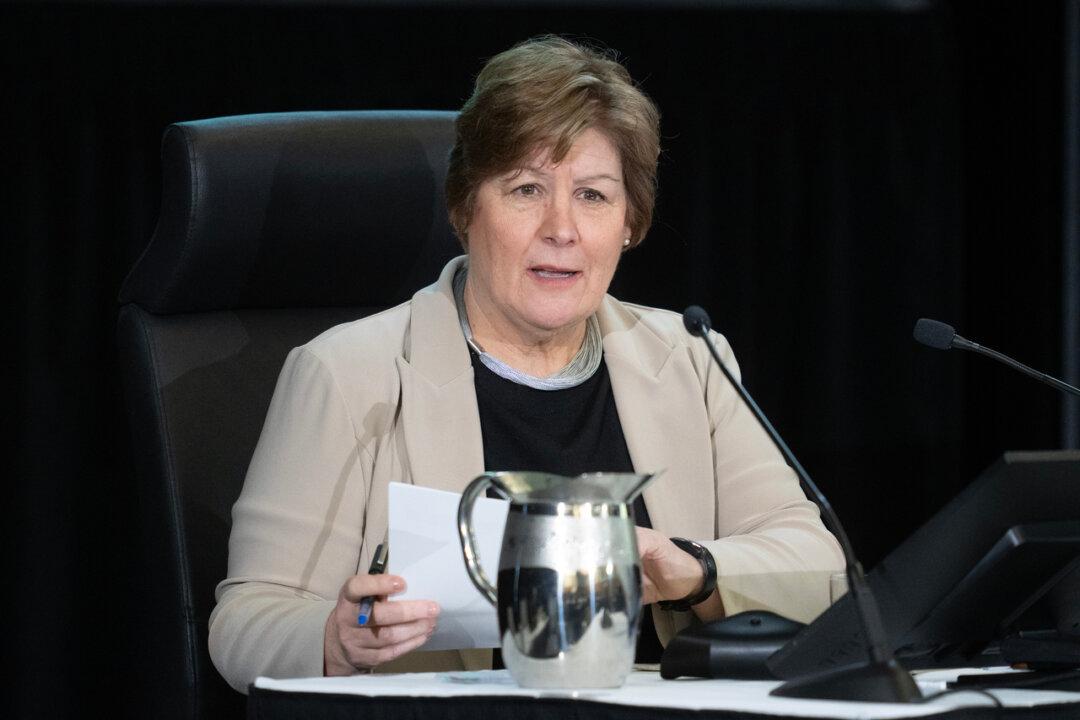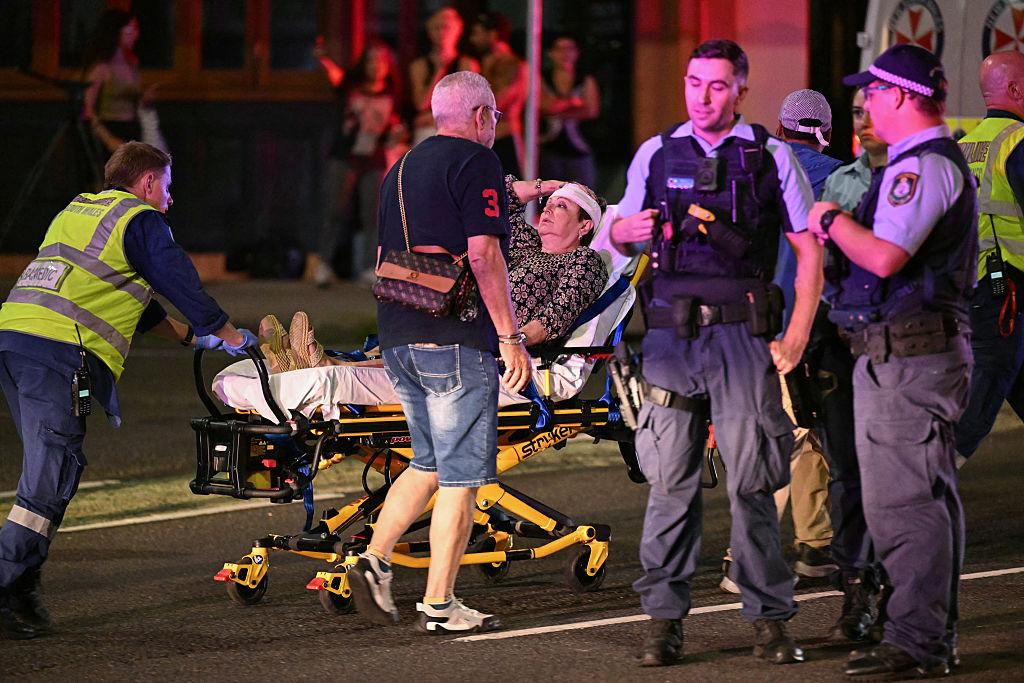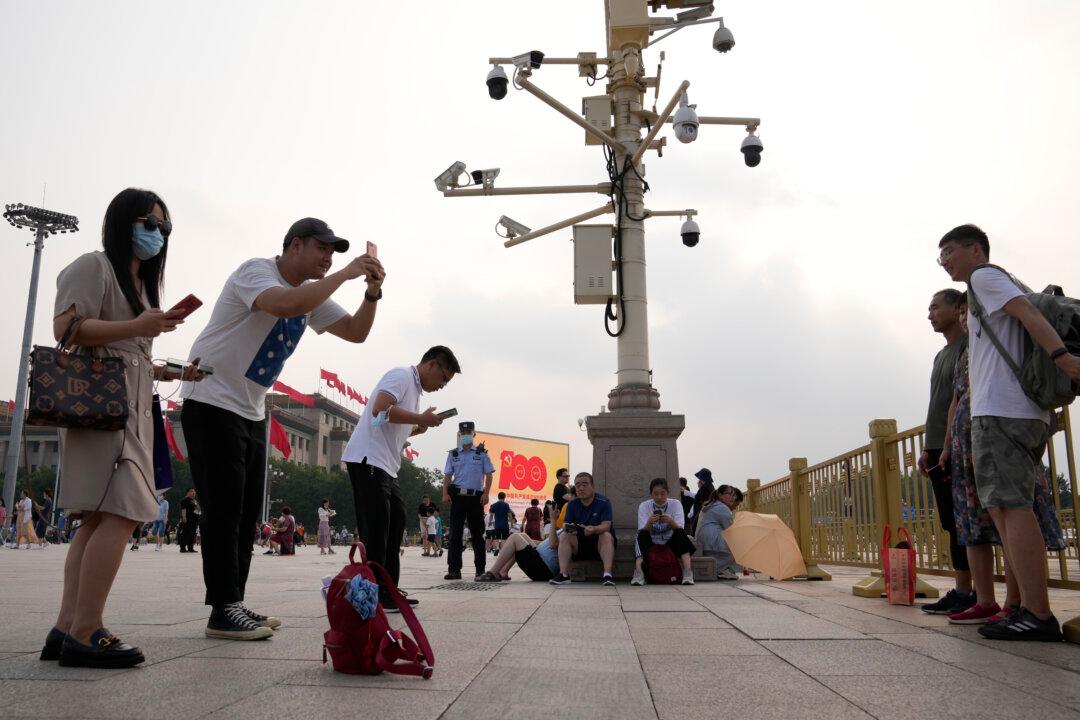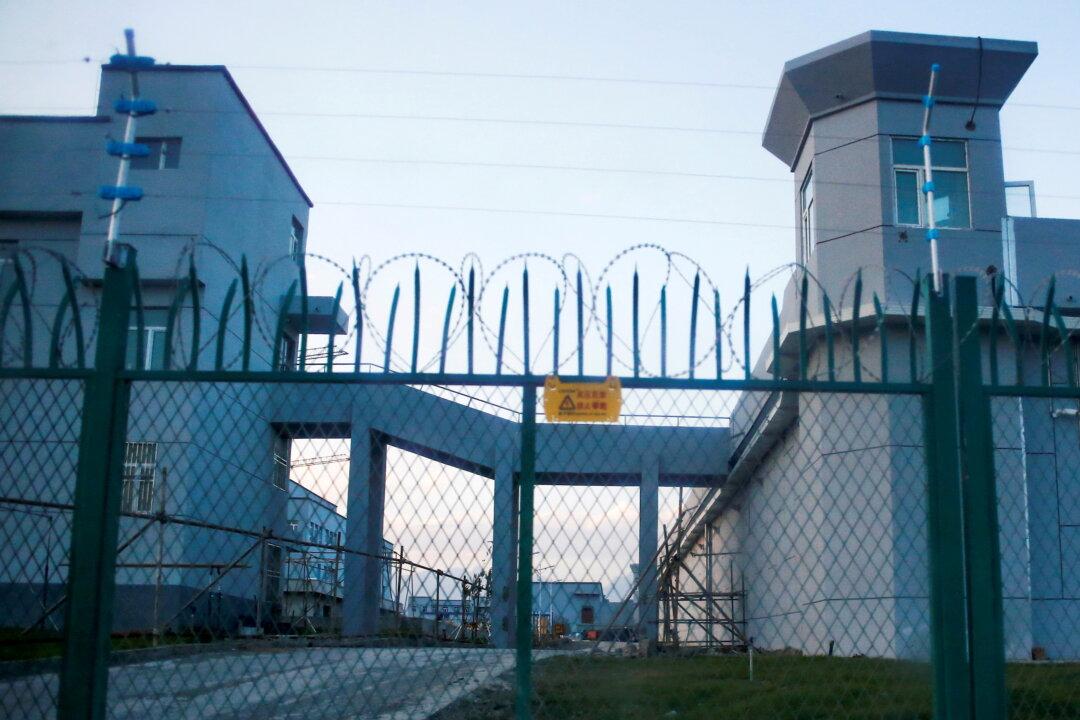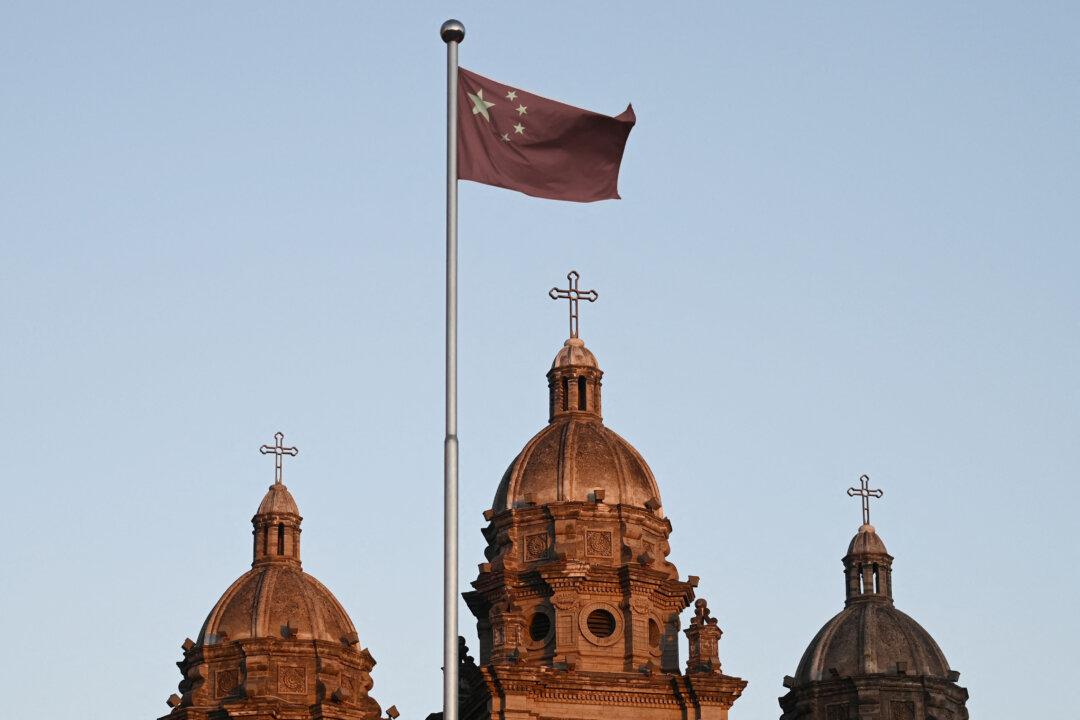Who will fall on his sword after the public inquiry into election interference?
Probably everyone has heard of the Japanese samurai practice of “harakiri,” also called seppuku, or “falling on one’s sword.” This action, which apparently dates back to Roman times, refers to a ritual suicide by a soldier for something done wrong. The phrase is now used to describe anyone, most notably a high-level government official, who resigns after having taken responsibility for a mistake.
The latest person to do so is the head of intelligence in the Israeli Defence Forces, Major-General Aharon Haliva, who stepped down after admitting that his team failed to predict or prevent the Hamas attack on southern Israel in October of last year. This catastrophic event, bigger than 9/11 per capita, is also seen as an “intelligence failure” on the part of the much-vaunted Israeli spy apparatus.
As a side note, this was NOT an intelligence failure. The information was there: it had been collected, analyzed, and passed up the line, only to be dismissed or ignored by those who were convinced Hamas forces were terrorist has-beens. The military intelligence grunts did their job: their superiors most decidedly did not and it is they who failed. As a former Canadian intelligence analyst for more than three decades I may be a little sensitive when these accusations are made, but the least we can do is assign the blame where it truly belongs. That Haliva did this is impressive and a mark of the man’s character.
It seems, therefore, that taking responsibility is the honourable thing to do. Which brings me to the recently paused public inquiry into foreign (read People’s Republic of China) interference in the 2019 and 2021 federal elections. Not a lot of honour going around there.
We have a former governor general (David Johnston) who did not want an inquiry in the first place (“nothing to see here folks, move along”), a prime minister who was or was not aware—I am still not sure which version is correct—of intelligence which gave great detail on the PRC’s influence tactics, a chief elections officer (ostensibly responsible for looking into elections law violations) who said there was “no evidence of interference on a scale that impacted the integrity of either federal contest,” a Security and Intelligence Threats to Elections (SITE) task force which said CSIS wording on the threat was “massively problematic” (and essentially told the service to rewrite it), the PM’s chief of staff who cited “obvious errors” in intelligence assessments which convinced them not to “blindly trust” whatever information is presented to them, and a former Public Safety minister (Bill Blair) who did not bother to read his email from CSIS but later stated that “intelligence isn’t necessarily factual evidence of what took place.”
This would all be fodder for a Monty Python comedy sketch if it were not so serious. But when the very fairness of our democratic process is under attack I would wager Canadians want someone to be on the job.
It is sadly next to certain that no one—not the PM, not his chief of staff, not the former minister of Public Safety, no one on the elections commission—will volunteer to fall on the sword, or agree to do so in exchange for a new plum posting elsewhere. That would imply accepting responsibility for mistakes made and would be the honourable move. Not happening.
The one person who has no need to sacrifice himself is the director of CSIS. Not only did his organization brief the government on this issue on 34 separate occasions, but David Vigneault stood up for his people after the PM and others threw them under the proverbial bus. That is what a true leader does.
So who is going to stand up and subsequently take the fall? Whatever happened to accepting responsibility and assuming leadership for one’s team, even if the mistakes were made at a lower level? Instead, we get a lot of finger-pointing. Bill Blair: CSIS didn’t take action. Justin Trudeau: this is nothing but “anti-Asian racism.” Katie Telford: CSIS claims “don’t add up.” And there were others.
At least in the case of Israel, a senior military/intelligence head did what he thought he needed to do: take one for the team—and the country. Here in Canada, Gilbert and Sullivan notwithstanding, there is no such thing as the very model of a modern major general.
Sigh…
